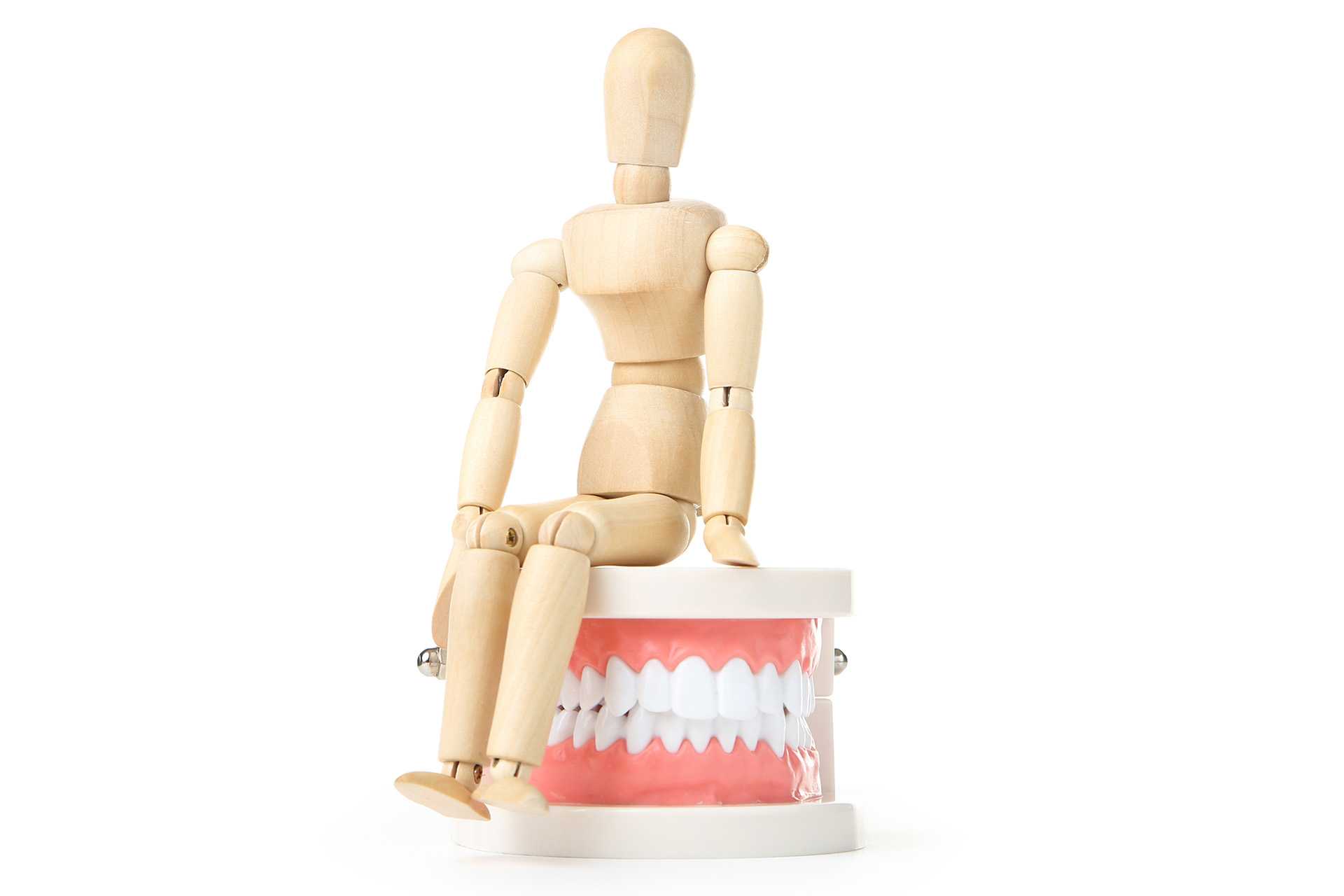Understanding how a bad bite can affect your posture and breathing is crucial, as it can lead to body imbalances that extend well beyond oral health.






Save $250 off braces or Invisalign!*
Schedule your appointment online.
Many people are unaware of the profound impact that the alignment of their bite can have on their overall health. Understanding how a bad bite can affect your posture and breathing is crucial, as it can lead to body imbalances that extend well beyond oral health. A bad bite, or malocclusion of teeth, can create muscle tension, leading to poor posture as the body tries to adapt. Additionally, improper bite alignment can restrict airflow, resulting in breathing difficulties, often referred to as mouth breathing. This article will delve into how bite alignment affects posture and breathing and highlight the importance of seeking appropriate orthodontic care.
Understanding Bite Alignment
A bad bite, known as malocclusion of teeth, occurs when the upper and lower teeth do not align correctly. This misalignment can lead to various dental issues, such as uneven wear on teeth, jaw pain, and speech difficulties. Malocclusion can manifest in forms like overbites, underbites, crossbites, and open bites, each presenting unique challenges. For instance, an overbite occurs when the upper front teeth significantly overlap the lower front teeth, while an underbite describes a scenario where the lower teeth extend beyond the upper teeth.
The impact of bite alignment extends beyond dental aesthetics, playing a critical role in overall health. A misaligned bite can cause stress on the jaw joints and muscles, potentially leading to temporomandibular joint (TMJ) disorders. These conditions may manifest as chronic headaches, neck pain, and limited jaw movement, affecting posture and breathing. Misalignment of the jaw can alter the head and neck positioning, leading to poor posture. In turn, poor posture can further exacerbate breathing difficulties by restricting lung capacity and hindering diaphragm movement. Addressing bite alignment can improve dental health and overall well-being, enhancing comfort, posture, and breathing.
The Impact of Bite Misalignment on Posture
Jaw alignment is crucial for maintaining proper spinal posture. Understanding how a bad bite can affect your posture and breathing helps in identifying compensatory changes throughout the body. The jaw’s position influences the cervical spine’s alignment, potentially triggering a chain reaction of postural issues. For instance, a misaligned bite can cause the head to tilt forward or the shoulders to hunch, resulting in discomfort and chronic pain.
The relationship between bite and muscle tension is significant. An improper bite can create an imbalance in the muscles surrounding the jaw and neck, often resulting in increased tension in these muscle groups. This imbalance can exacerbate postural problems, leading to a cycle of discomfort that affects overall quality of life. Numerous case studies have demonstrated the benefits of bite correction on posture improvement. Patients who undergo orthodontic treatments to align their bites often report relief from jaw pain and noticeable posture improvements, thus alleviating issues related to the mouth breather jawline. Many experience a more balanced distribution of weight across their spine, enhancing mobility and reducing muscle tension. These real-life examples underscore the importance of addressing bite misalignment to promote better posture and overall well-being.
Breathing Difficulties Linked to Bite Issues
A bad bite, or malocclusion of teeth, can significantly impact overall health, particularly breathing. When the upper and lower teeth do not align properly, it can lead to airway obstruction, making it difficult to breathe effectively, often resulting in mouth breathing. This misalignment can cause the jaw to shift, narrowing the airway and increasing the risk of conditions like sleep apnea, which disrupts sleep patterns and can lead to serious health issues over time.
Individuals with jaw misalignment often show signs of breathing problems, such as snoring, gasping for air during sleep, or experiencing daytime fatigue. These symptoms are often associated with a mouth breather jawline. Children might display behavioral issues linked to poor sleep quality, while adults may suffer from chronic fatigue or mood disorders. Recognizing these symptoms is crucial for early intervention, as untreated bite issues can worsen over time and lead to more severe complications.
Fortunately, orthodontic treatments can improve both bite alignment and airway function. Options such as braces or clear aligners gradually shift teeth into their proper positions, alleviating pressure on the jaw and opening up the airway. In some cases, additional treatments like expanders or retainers may be recommended to further enhance jaw alignment and breathing capability. Addressing how a bad bite can affect your posture and breathing is essential for promoting better health and improving quality of life.





